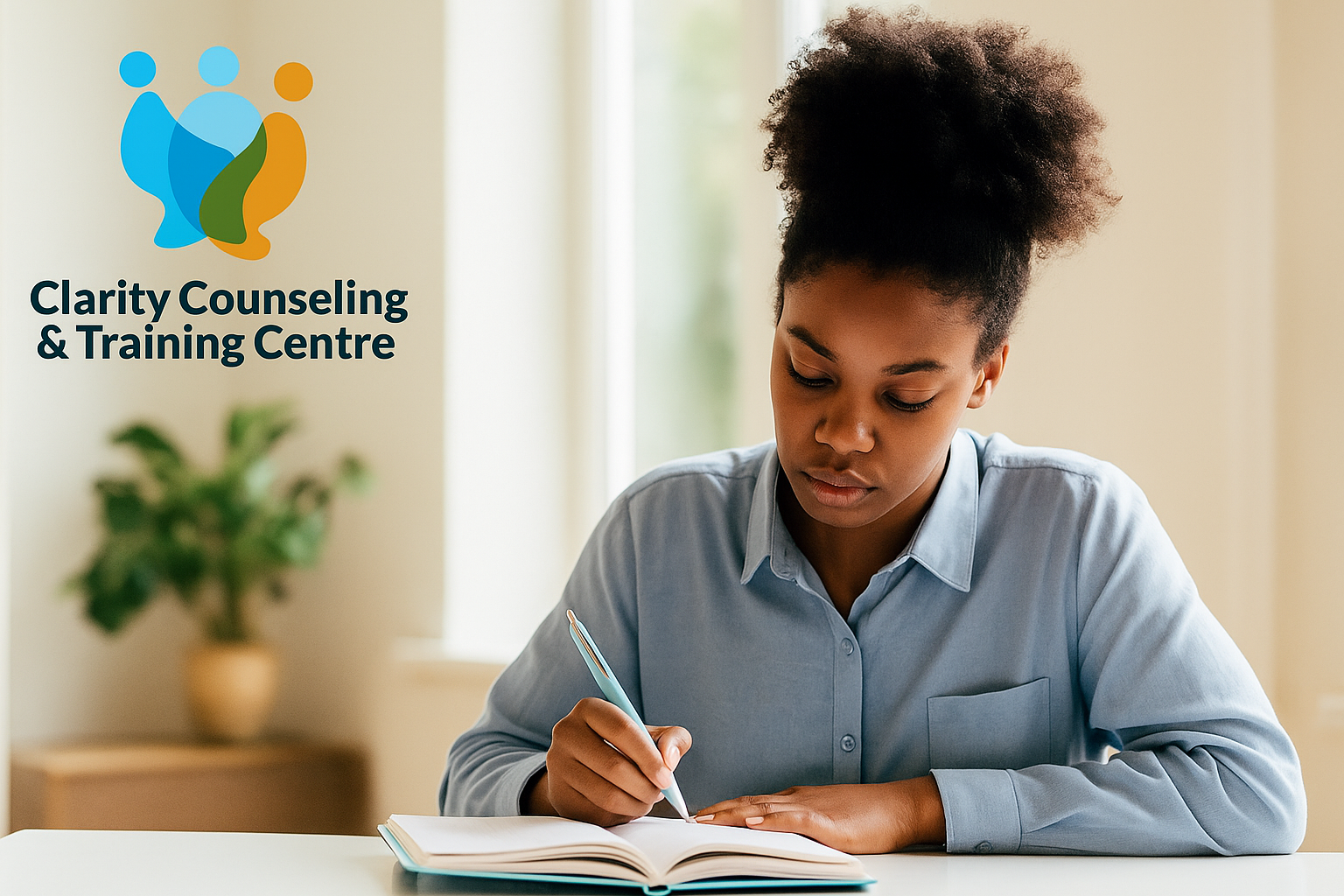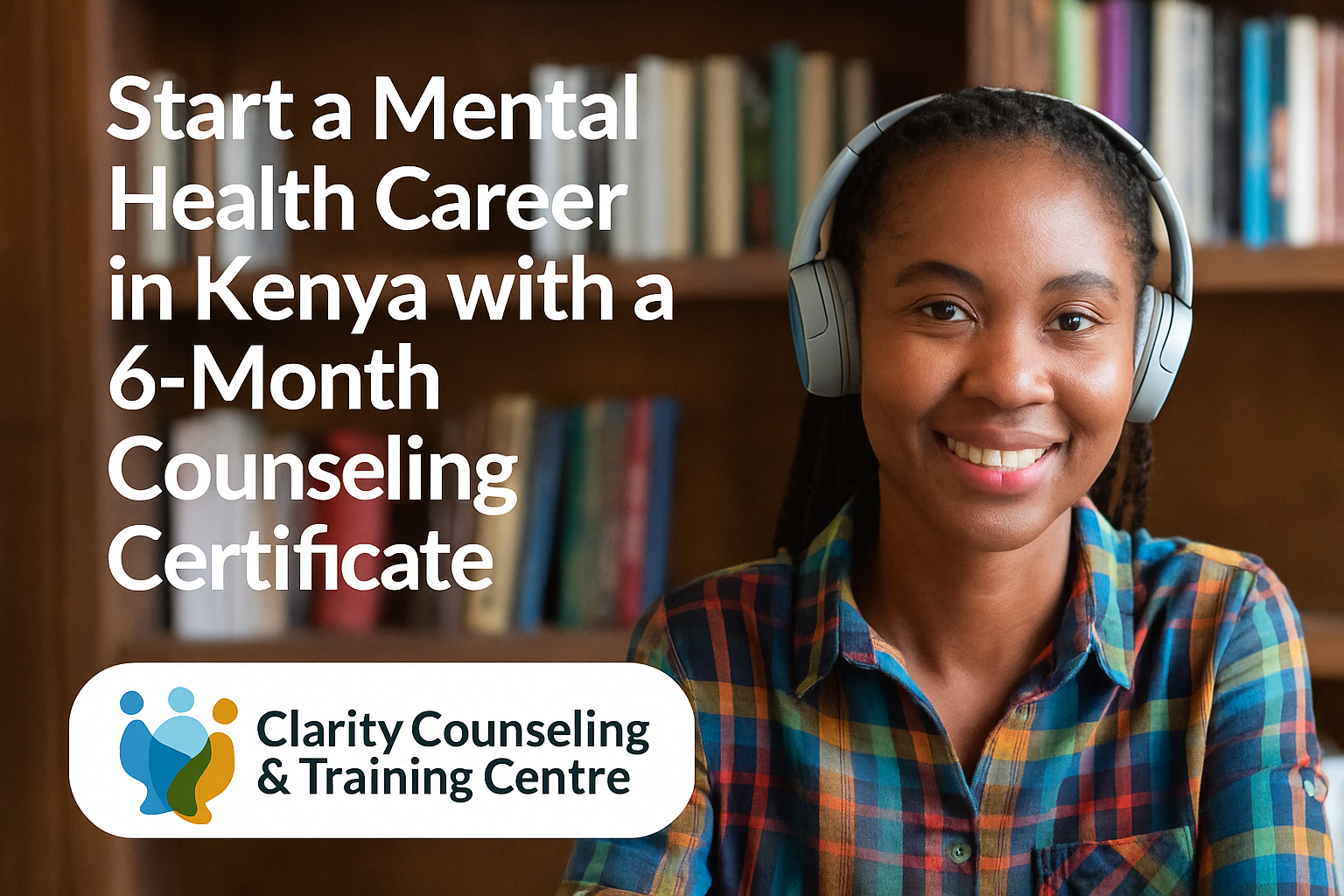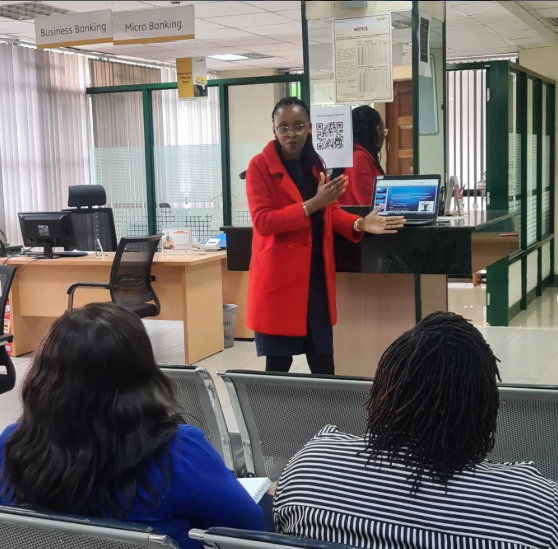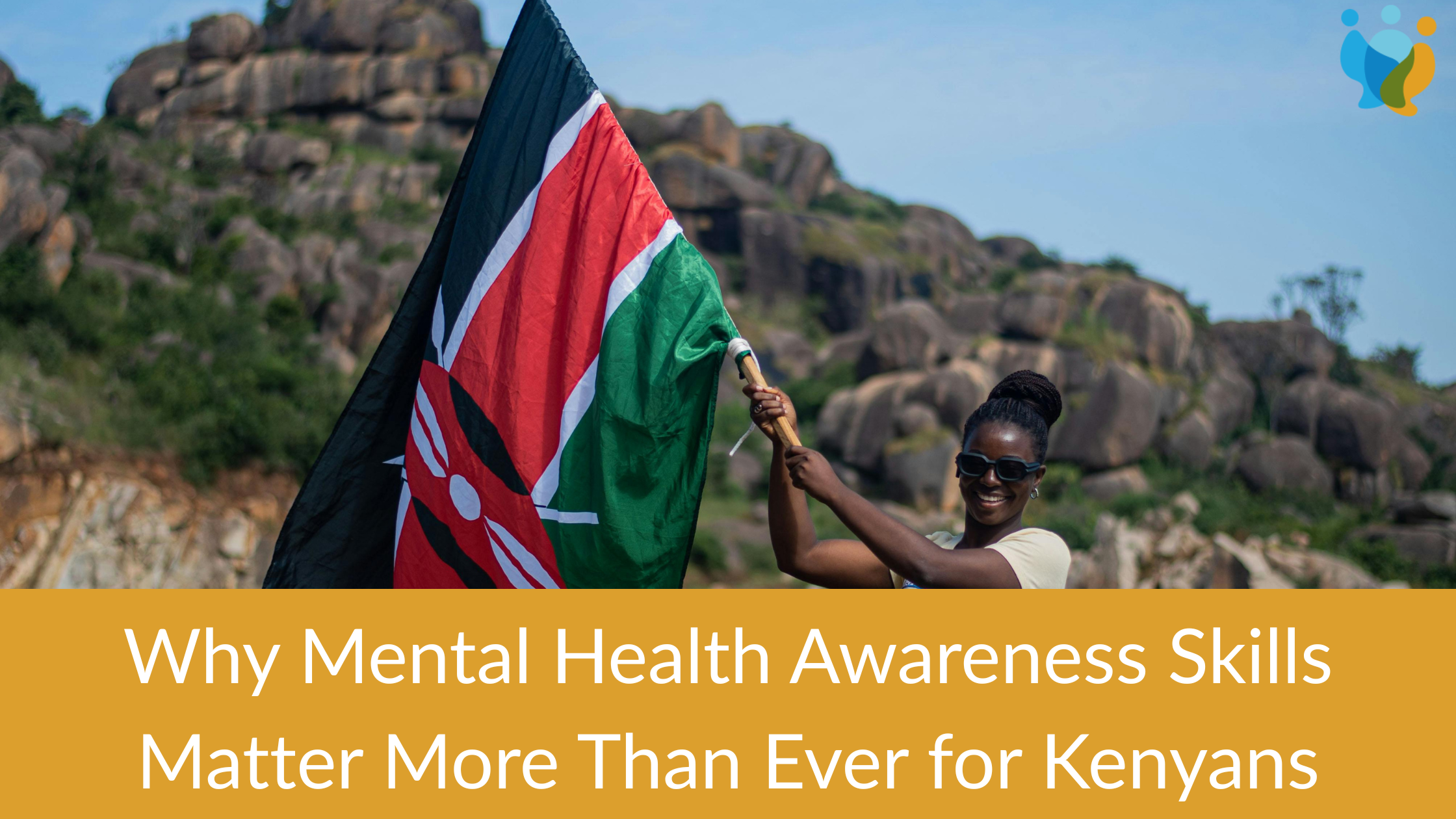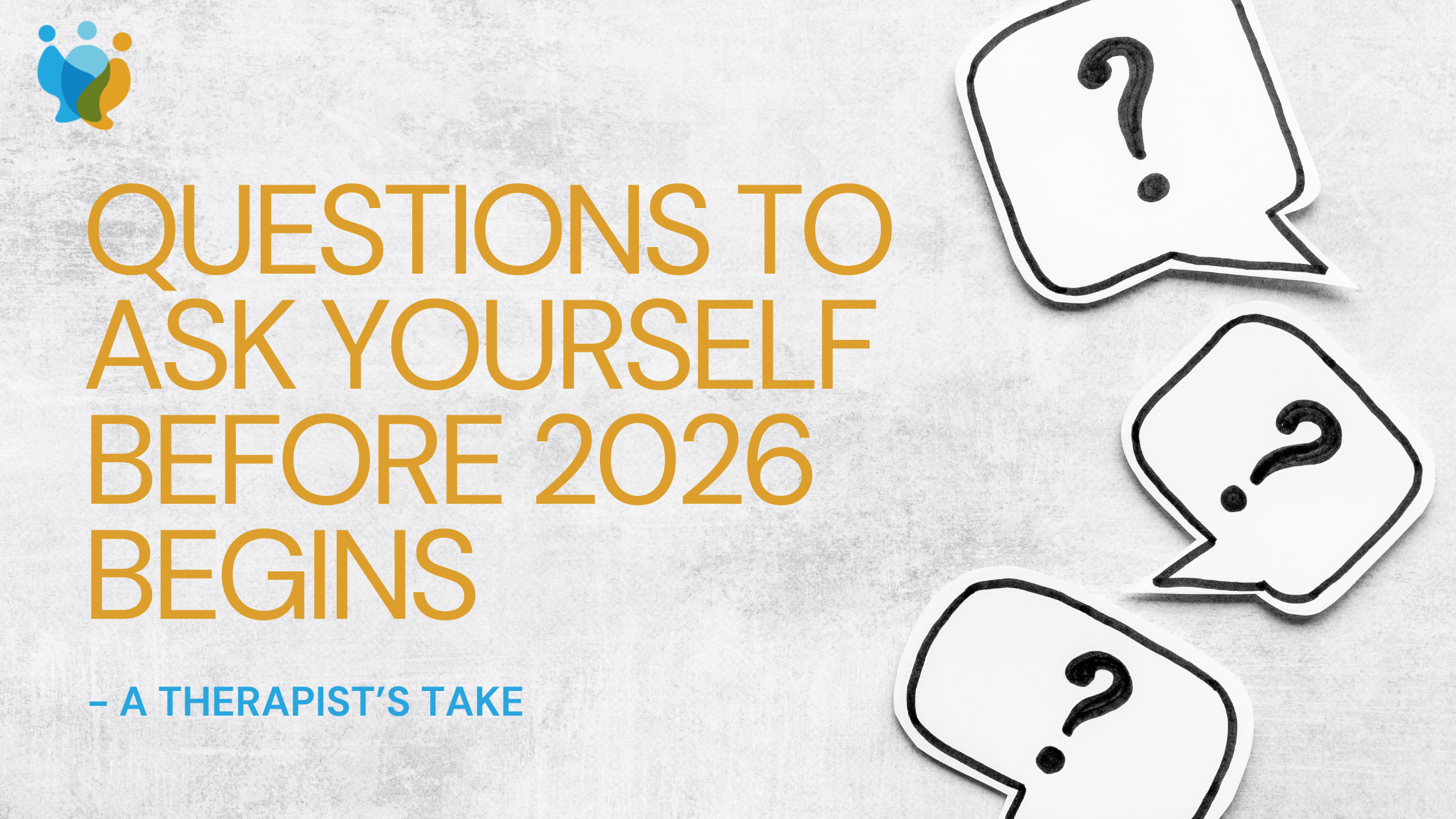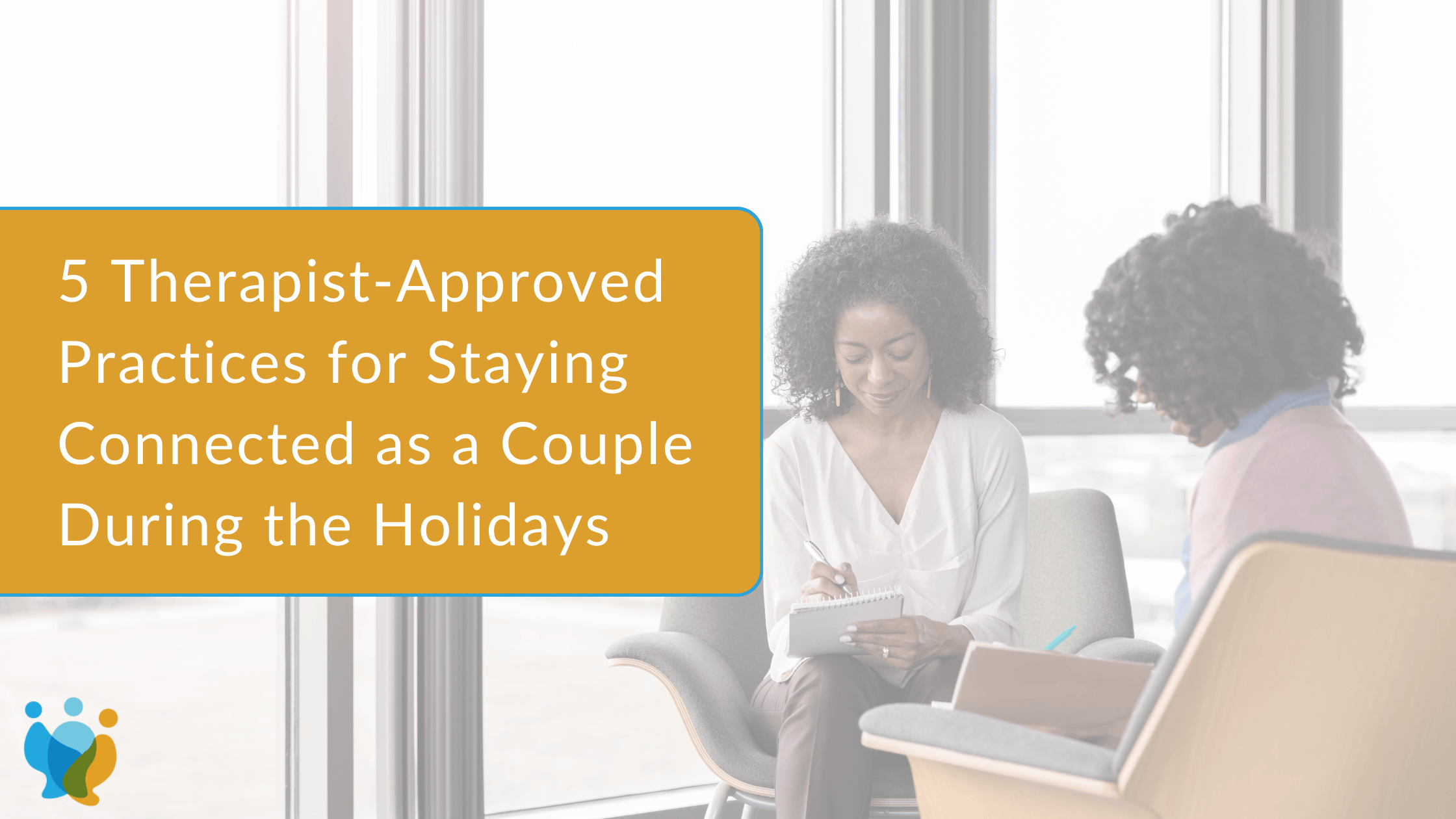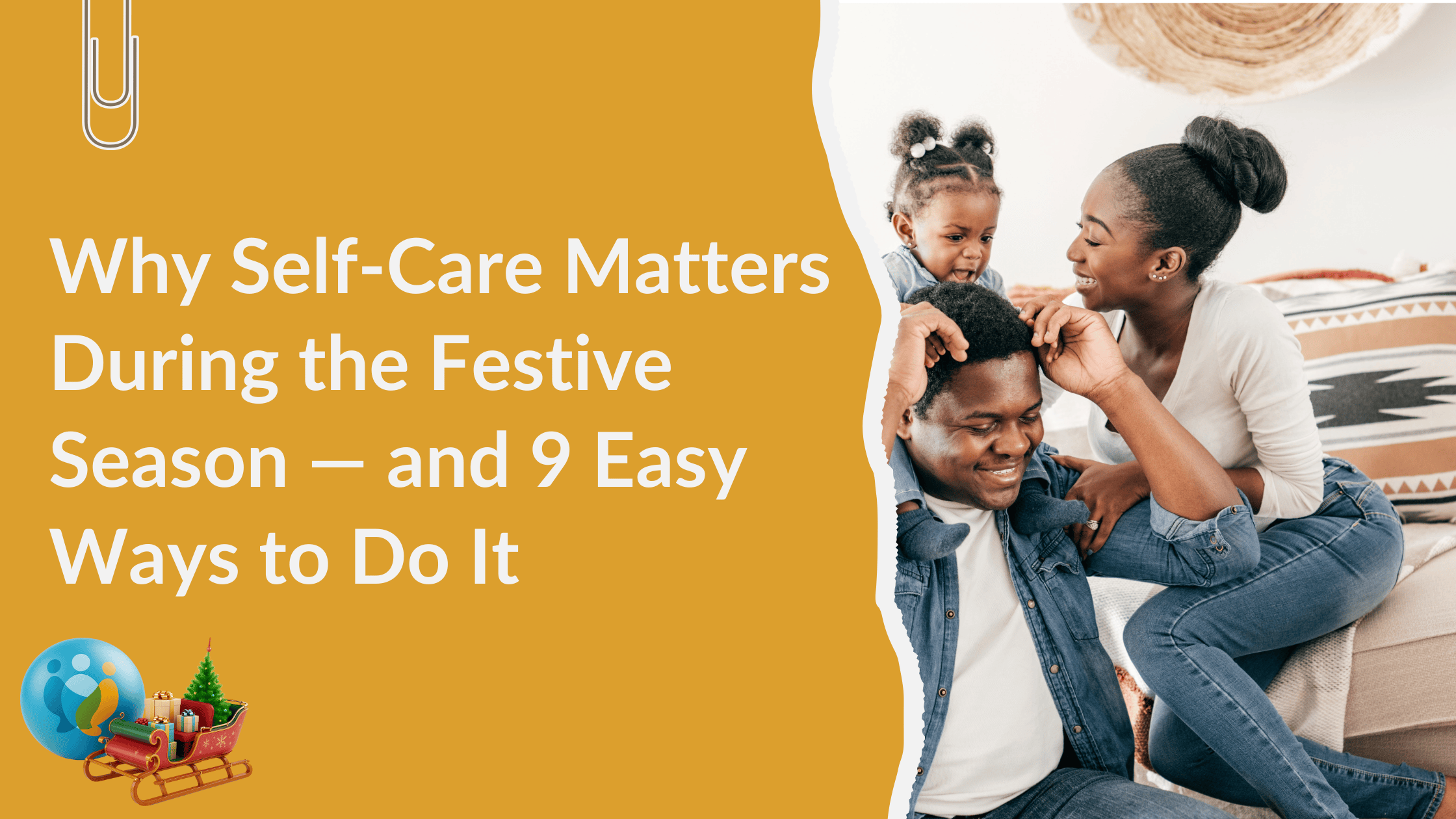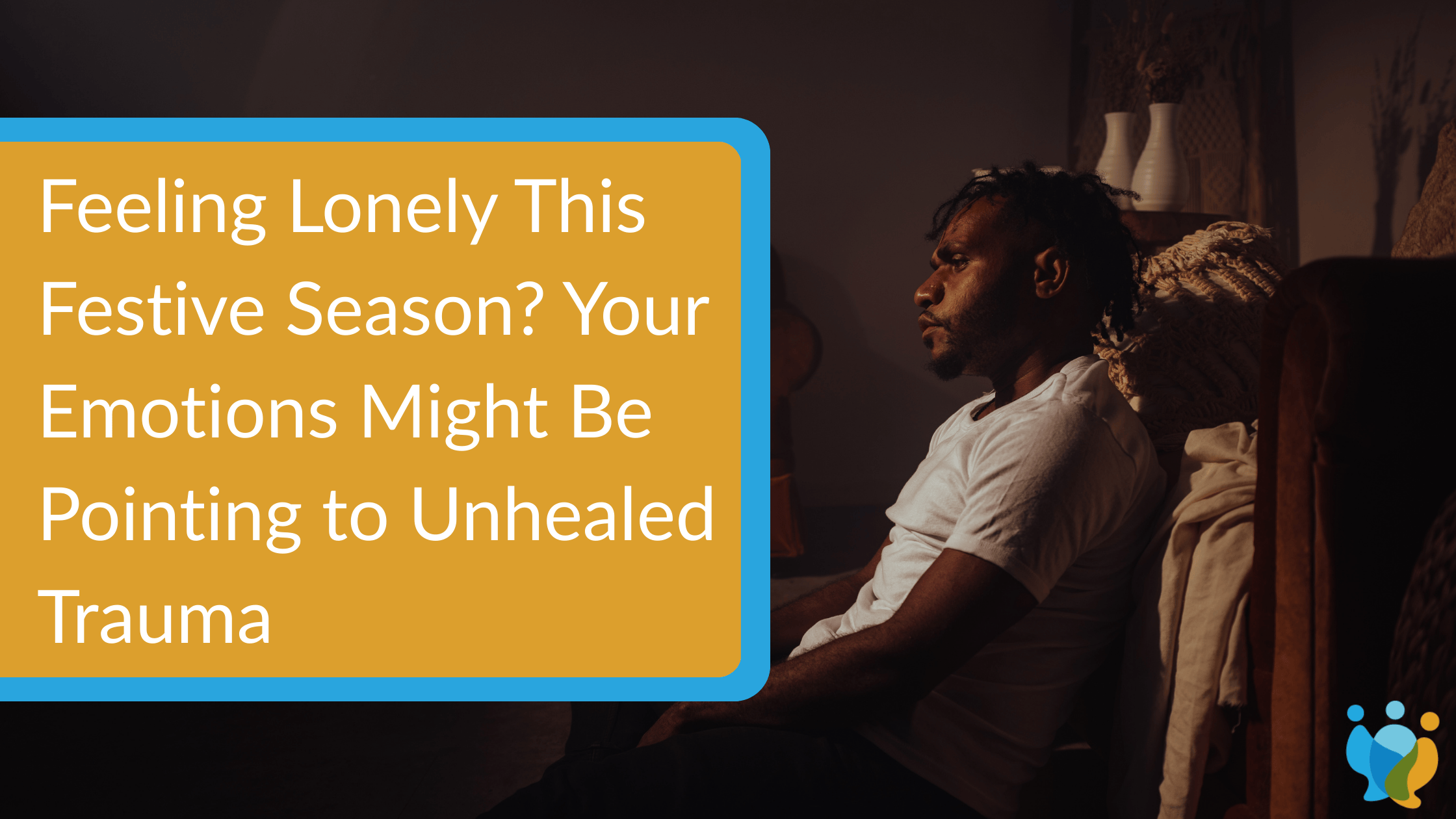How Counselling Can Help You Cope with Major Life Changes

How Counselling Can Help You Cope with Major Life Changes
Life can feel like a bumpy road with potholes sometimes, right? One moment everything seems stable and predictable, and the next, you’re facing a change that turns your world upside down. Whether you’re ending a relationship, starting a new job, moving to a different city, or dealing with loss, these big changes can leave you feeling overwhelmed and uncertain about the next step.
You might find yourself lying awake at night, your mind racing with questions, or feeling like you’ve lost your footing in a once-familiar world. Perhaps you’re putting on a brave face for others while struggling inside, wondering if what you’re feeling is normal. The good news is, you’re not alone in this journey, and there’s no need to go through these challenging waters by yourself.
In this article, we’ll explore how counselling can be your anchor during stormy times, offering you practical ways to thrive through life’s biggest changes with the help of affordable therapists in Nairobi.
What are the Common Types of Major Life Changes
Life has a way of surprising a person with significant changes that can reshape their entire world. These transitions come in various forms, and recognizing them is the first step in understanding your experience. The following are common examples:
- Career changes: Career transitions often shake your sense of identity and security, whether it’s the shock of unexpected job loss, the stress of adapting to a new workplace culture, or the uncertainty of starting your own business.
- Relationship changes: This transition has ripple effects throughout a person’s life. The end of a long-term relationship means adjusting to living alone, facing co-parenting challenges, or rebuilding your social circle.
- Marriage: Even positive changes like marriage bring adjustments in living arrangements, financial planning, and family dynamics. The best move after getting married is to seek marriage counseling. Nairobi offers a variety of therapists with diverse skills to meet your needs.
- Health-related changes: Health challenges arrive without warning, forcing you to adapt your lifestyle, manage new medical routines, and perhaps modify your future plans. This might mean learning to live with chronic pain, adjusting to physical limitations, or building new health habits.
- Relocating to a new city disconnects you from familiar support systems, requiring you to adapt to new neighborhoods, build fresh social connections, and establish new daily routines while managing the logistics of the move.
Other changes include family transitions, such as welcoming a new born baby, becoming an empty nester, or taking on caregiving responsibilities for aging parents. Loss and grief, whether through death, the end of a relationship, or the loss of a dream, can also trigger major life adjustments. Financial challenges, such as significant debt, unexpected responsibilities, or retirement, can also trigger major life adjustments.
These changes rarely happen in isolation – often, one change triggers others, creating a continuous effect in your life. Understanding that these transitions are normal life events can help you feel less alone in your experience.
How Major Life Changes Impact Your Emotional Well-Being
Major life changes discussed above can trigger a series of emotional responses that affect both your mental state and physical well-being. You might find yourself experiencing a mix of emotions—anxiety about the future, sadness about what’s being left behind, or even excitement about new possibilities. These feelings can shift rapidly, sometimes within the same day or hour, leaving you feeling emotionally drained and confused.
| Physical Manifestations of Stress | Impact on Daily Functioning |
| Disrupted sleep patterns | Changes in sleeping schedule |
| Headaches and muscle tension | Difficulty concentrating at work |
| Changes in appetite | Procrastination on important tasks |
| Fatigue and low energy | Decreased productivity |
| Racing heart or chest tightness | Difficulty making decisions |
| Digestive issues | Withdrawal from social activities |
| Skin problems | Changes in personal hygiene habits |
| Weakened immune system | Increased sick days and absences from work |
| Memory problems | Difficulty retaining information |
These changes can also affect your relationships. You might find yourself pulling away from friends and family when you need them most or feeling misunderstood by those closest to you. For instance, your sense of identity might feel shaken if you are married and have not attended marriage counselling in Kenya. Nairobi residents should not feel stuck in such situations with professional counselors available to help.
How Counselling Helps You to Heal or Cope
Counselling offers a unique space to explore your feelings and experiences without judgment. Your counsellor acts as a skilled guide, helping you understand your reactions to change and develop healthy coping strategies. Research shows that 50% of clients receive relief from symptoms within the first few therapy sessions, while 75% experience better mental health and well-being after longer therapy sessions.
Through various therapeutic techniques, you’ll learn to identify thought patterns that might be holding you back and discover new ways of thinking about your situation. The process helps you build emotional resilience—the ability to bounce back from certain setbacks and adapt to new circumstances.
Your counsellor might use cognitive restructuring to help you challenge negative thoughts, mindfulness practices to manage stress, and problem-solving strategies to tackle practical challenges. You’ll also learn to recognize your strengths and resources, often discovering inner capabilities you didn’t know you had.
Counselling can help you process grief and loss associated with change, whether it’s losing a relationship, a job, or a familiar way of life. You’ll learn to accept what you can’t control while taking action on things you can influence. The therapeutic relationship itself provides a model for healthy communication and boundary-setting, skills that can improve your relationships outside of counselling.

When is the Right Time to Seek Therapists in Nairobi ?
Watch for signs like persistent sadness or anxiety that doesn’t lift, difficulty performing daily tasks, or feeling stuck in negative thought patterns. If you’re using unhealthy coping mechanisms like excessive alcohol use, overeating, or isolation, these are clear signals that professional support could be beneficial.
It is okay to reach out to friends and family for support during this time. They can help you deal with the changes and offer emotional support. However, there is a point it reaches where you need a professional counsellor to help you deal with the deep-seated issues. The following table gives you the difference between the types of support.
| Friend Support | Professional Help |
| Emotional comfort and listening | Trained in therapeutic techniques |
| Shared personal experiences | Objective, unbiased perspective |
| Available for casual chats | Structured approach to healing |
| Free advice based on personal opinion | Evidence-based strategies |
| May have limited understanding of mental health | Expertise in mental health and behavior |
| Can be too emotionally involved | Professional boundaries maintained |
| May struggle with setting boundaries | Clear therapeutic goals and progress tracking |
| Limited time and emotional capacity | Dedicated time and space for your needs |
Seeking counselling isn’t a sign of weakness. It’s a proactive step toward better mental health. You don’t need to wait for a crisis to benefit from professional support. Early intervention with affordable therapists in Nairobi can prevent problems from escalating and provide you with tools to handle challenges more effectively.
What to Expect in Your Counselling Journey
Your counselling journey begins with an initial assessment where you’ll discuss your current situation and what brings you to therapy. This first session helps your counsellor understand your needs and create a tailored treatment plan to address and help meet your goals. Don’t worry if you feel nervous. This is completely normal, and counsellors are trained to help you feel comfortable.
During subsequent sessions, you’ll work together to explore your challenges and develop coping strategies. The pace is set according to your comfort level. Some people prefer to dive deep quickly, while others need more time to build trust.
Your counsellor might use different therapeutic approaches, such as Cognitive Behavioral Therapy (CBT), mindfulness, or solution-focused therapy, depending on what works best for you.
Progress in counselling often isn’t clear-cut. You might have sessions where you feel significant breakthrough and others where progress feels slower. This is normal and part of the healing process.
Your counsellor will help you track your progress and adjust approaches as needed. The length of therapy varies for each person, but your counsellor will regularly check in about your goals and progress.
Related: Finding Harmony: How Therapy in Kenya Can Empower You to Achieve Work-Life Balance
Practical Tools and Strategies You Will Learn in Therapy
Through counselling, you’ll develop a practical toolkit for managing life changes effectively. Immediate coping strategies to offer quick relief and enhance resilience in the face of life’s major challenges might include:
- Breathing exercises for anxiety
- Journaling for emotional processing
- Grounding techniques for overwhelming moments
- Visualization for relaxation and focus
- Progressive muscle relaxation for physical tension
- Positive self-talk for combating negative thoughts
As the sessions progress, you’ll learn to identify your triggers and early warning signs and symptoms of stress, allowing you to intervene before problems escalate.
Long-term strategies focus on building resilience and creating sustainable practices for mental health. This includes:
- Establishing healthy routines,
- Setting appropriate boundaries
- Developing a strong support network
- Learning effective communication skills to express freely your needs and feelings clearly
- Adapting to better problem-solving techniques to handle future challenges
To further solidify the new things you are adopting, you’ll also learn time management and goal-setting skills to help you break down overwhelming situations into manageable steps.
Self-care practices become a priority, not just a luxury, as you learn to balance caring for yourself while managing responsibilities. These tools and strategies are practiced in sessions and refined through real-world application, becoming natural parts of your daily life.
Next Step: Book Your Session
Ready to take the first step? Clarity Counselling and Training Centre has a team of experienced counsellors specializing in life transitions. Located in the Nairobi CBD, we provide both in-person and online sessions to accommodate your planned schedule and comfort level.
Our intake process is simple and supportive, designed to match you with the right counsellor for your needs. Our counselors are members of Kenya Counselling and Psychological Association; you are guaranteed professional assistance. Contact us today and let us help you cope with major life changes.
